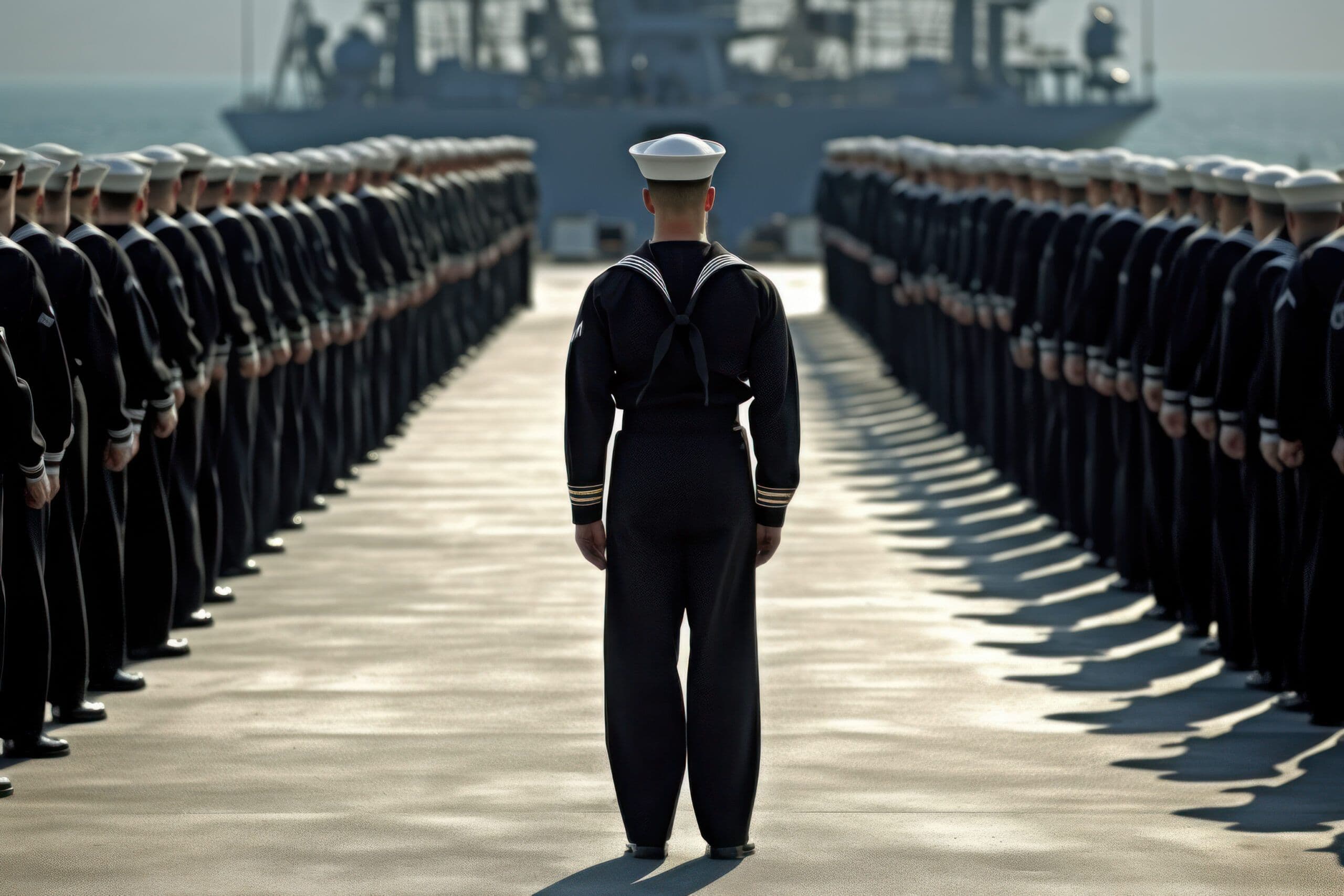
What Are Adverse Administrative Actions Under The UCMJ?
Grounds for investigation
Since the process is non-judicial, the commander can order an investigation for any reason without any concrete evidence. It could be based on gossip heard in the barracks, allegations made by one person and no other witnesses, the interpretation of innuendo, or an anonymous complaint.
Common types of administrative actions
These are less severe than a court martial or Article 15. The commander has complete discretion over the matter. The results can involve:
- Adverse administrative discharge
- Administrative reduction in rank
- Non-judicial punishment
- Reprimand
- Other punishments deemed necessary by the commander
While less severe, these punishments can still affect deployment, duty assignments or career advancement.
Outside guidance may still be helpful
Regardless of whether you are a witness, a person of interest or the focus of the investigation, the service person does not have the right to have legal representation present while dealing with investigators. Nonetheless, discussing the matter with an attorney who understands military law may be wise. These legal professionals can help the client prepare for the investigation and ideally minimize the fallout from the adverse administrative action.
contact us
Take Command of Your Defense
Fill out the short form below and let our military law experts stand by your side in the fight for justice.
